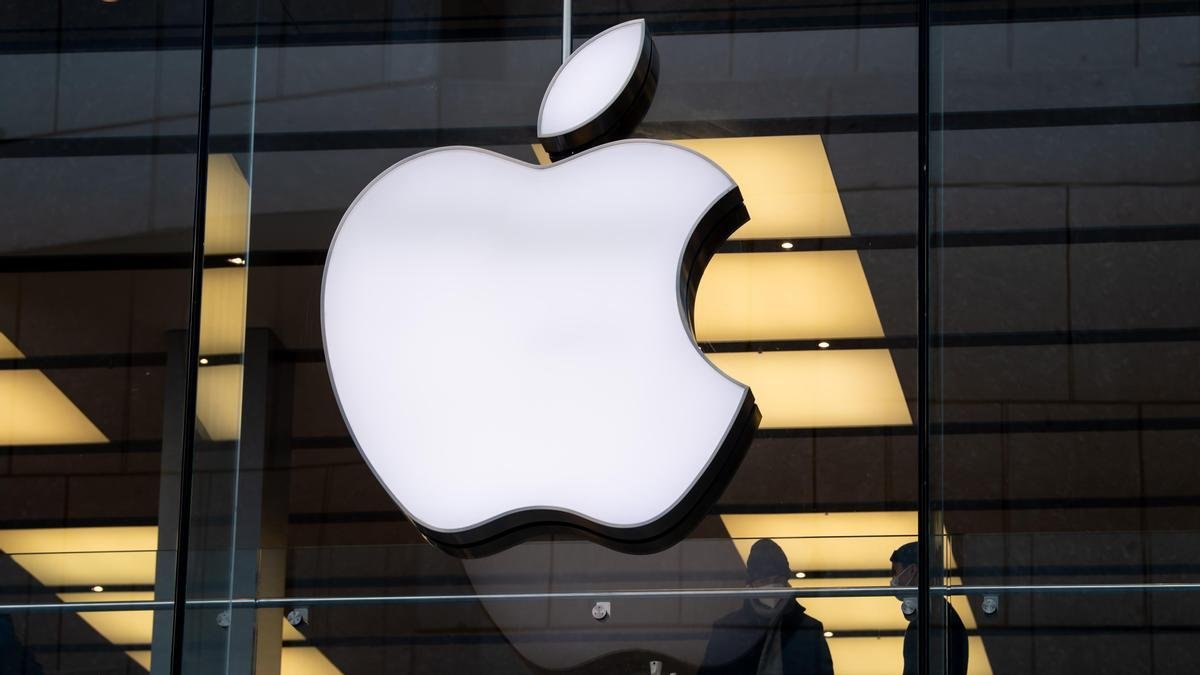The widening restrictions on iPhone use by government employees in China have triggered a sell-off in global tech stocks amid concerns that Apple and its suppliers may face challenges due to escalating tensions between the U.S. and China and increased competition from Huawei.
Apple shares experienced a 6.4% decline in the previous two days, erasing $190 billion from its market capitalization, following reports that Beijing instructed some central government employees to cease using iPhones at work.
Several Wall Street analysts argue that the sell-off may be excessive, suggesting that any revenue impact on Apple would likely be modest given the iPhone’s popularity in China. Apple shares rebounded by 1.3% in Friday’s trading.
The increasing competition from Huawei is also a concern for Apple. Huawei recently unveiled two new smartphones, the foldable Mate X5 and the Mate 60 Pro+, which garnered global attention for their resilience to U.S. sanctions. Some analysts see these moves as a potential step in Huawei’s efforts to challenge Apple after it gained market share following U.S. sanctions imposed four years ago. Apple is set to launch a new iPhone soon after a weak quarter for its flagship product.
China has been a significant market for Apple, ranking as its third-largest market behind the Americas and Europe. Huawei’s smartphone business suffered after the U.S. restricted tech exports to the company in 2019.
While Apple’s sales in China this year received a boost from discounts offered by third-party retailers in February, some analysts believe these discounts could undermine sales of Apple’s upcoming products.
In the stock market, Apple supplier Largan Precision, which manufactures camera lenses, dropped over 4%, while contract chipmaker TSMC fell 0.6%. China’s Luxshare Precision Industry, with factories capable of producing iPhones, also declined by 2%. U.S.-based Apple suppliers saw little change in their share prices, with Qualcomm up 0.1% and Broadcom down 0.4%.
On the other hand, suppliers to Huawei experienced gains, with shares in Semiconductor Manufacturing International Corp (SMIC), believed to have produced the advanced chip in Huawei’s new smartphone, rising by 0.7%.
It remains unclear how extensive China’s restrictions on iPhone usage are, but they appear to affect some state-owned enterprises (SOEs), including visitors to their premises. Employees at these SOEs reported being offered subsidies to switch to local smartphone brands.
Bank of America estimated that such restrictions could reduce iPhone sales by 5 million to 10 million units annually from China’s total annual sales of up to 50 million units.
Despite these challenges, some analysts argue that Apple’s ecosystem in China remains strong, with the average iPhone owner in China having 2.5 Apple devices. Nevertheless, the curbs highlight that even a company with a significant presence in China and good government relations is not immune to escalating tensions between the two nations.
China’s efforts to strengthen its tech industry, including Huawei’s advancements, reflect the country’s desire to reduce reliance on American technology. The U.S. Commerce Department is also examining the composition of Huawei’s new chip, potentially violating trade restrictions.
The situation underscores the complexity of the tech landscape and the geopolitical tensions that can impact it.



